Index
Filter by themes:
- Asia (79) Apply Asia filter
- Australia (143) Apply Australia filter
- Conflict & Violence (47) Apply Conflict & Violence filter
- Dialogue (63) Apply Dialogue filter
- Energy & Environment (42) Apply Energy & Environment filter
- Europe (11) Apply Europe filter
- Globalisation (44) Apply Globalisation filter
- Human Rights (20) Apply Human Rights filter
- International Law (4) Apply International Law filter
- International Relations (42) Apply International Relations filter
- Middle East (31) Apply Middle East filter
- Peace & Security (162) Apply Peace & Security filter
- Politics & Governance (110) Apply Politics & Governance filter
- Society, Culture & Religion (90) Apply Society, Culture & Religion filter
- Theoretical Perspectives (37) Apply Theoretical Perspectives filter
- United States (43) Apply United States filter
- World Economy (23) Apply World Economy filter
Filter by media type:
Filter by content type:
- Activity (96) Apply Activity filter
- Blog Post (6) Apply Blog Post filter
- Contact Form (2) Apply Contact Form filter
- Conversation (5) Apply Conversation filter
- Documentation (2) Apply Documentation filter
- Event (12) Apply Event filter
- Forum topic (6) Apply Forum topic filter
- Gallery (2) Apply Gallery filter
- Media (98) Apply Media filter
- Page (7) Apply Page filter
- Publication (135) Apply Publication filter
- Resource (35) Apply Resource filter
- Speech (66) Apply Speech filter

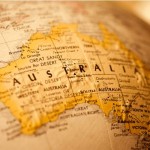


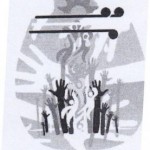
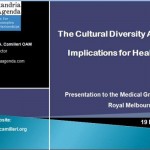
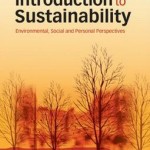
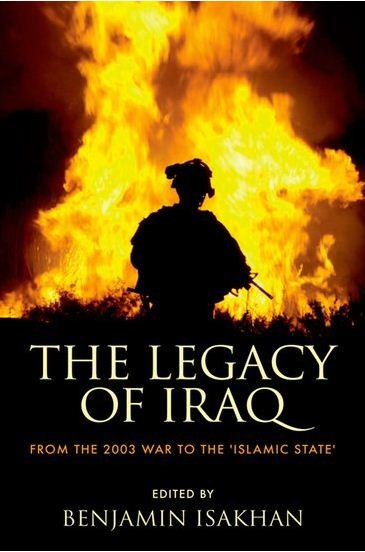 Joseph A. Camilleri, 'Iraq, the Illusion of Security and the Limits to Power', in Ben Isakhan (ed), The Legacy of Iraq: From the 2003 War to the 'Islamic State', Oxford: Oxford University Press, 2015.
Joseph A. Camilleri, 'Iraq, the Illusion of Security and the Limits to Power', in Ben Isakhan (ed), The Legacy of Iraq: From the 2003 War to the 'Islamic State', Oxford: Oxford University Press, 2015.
